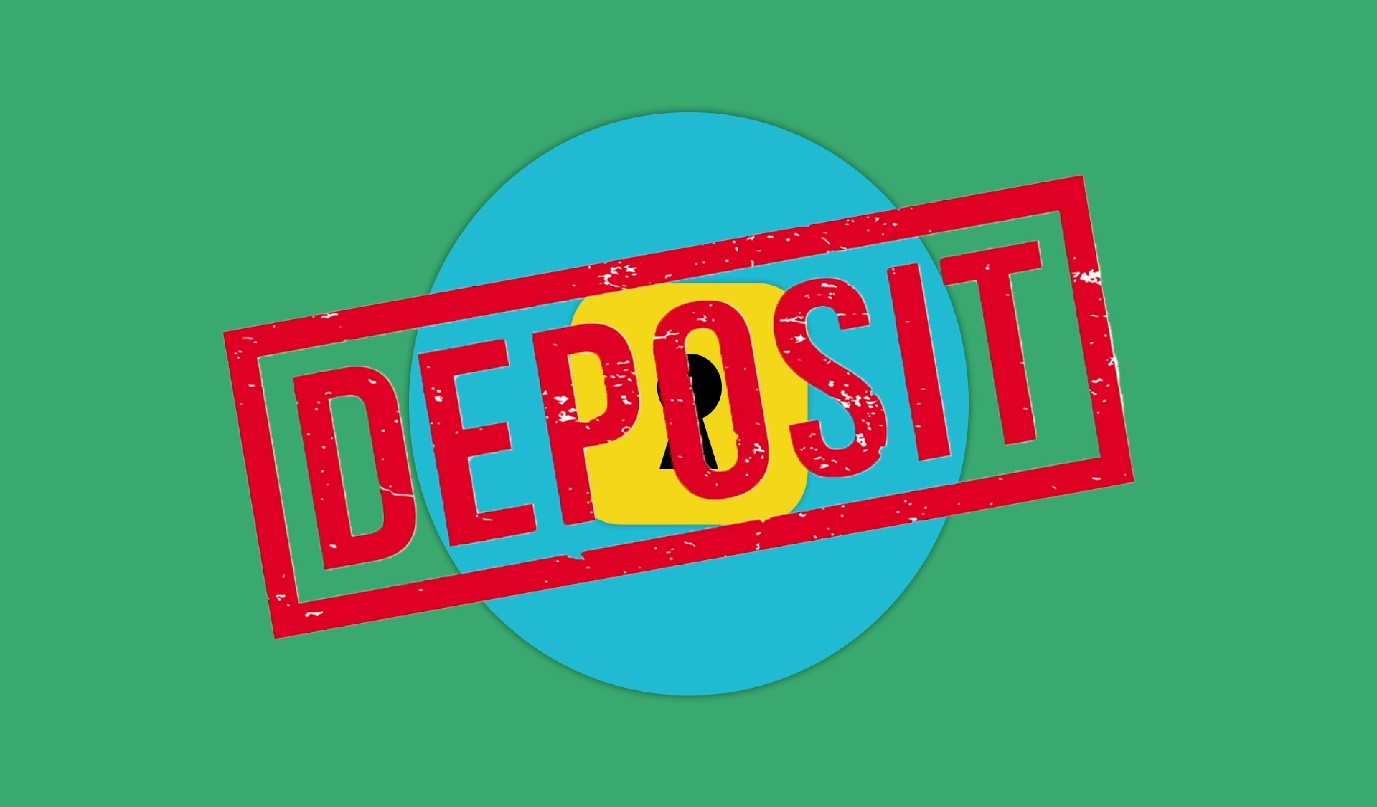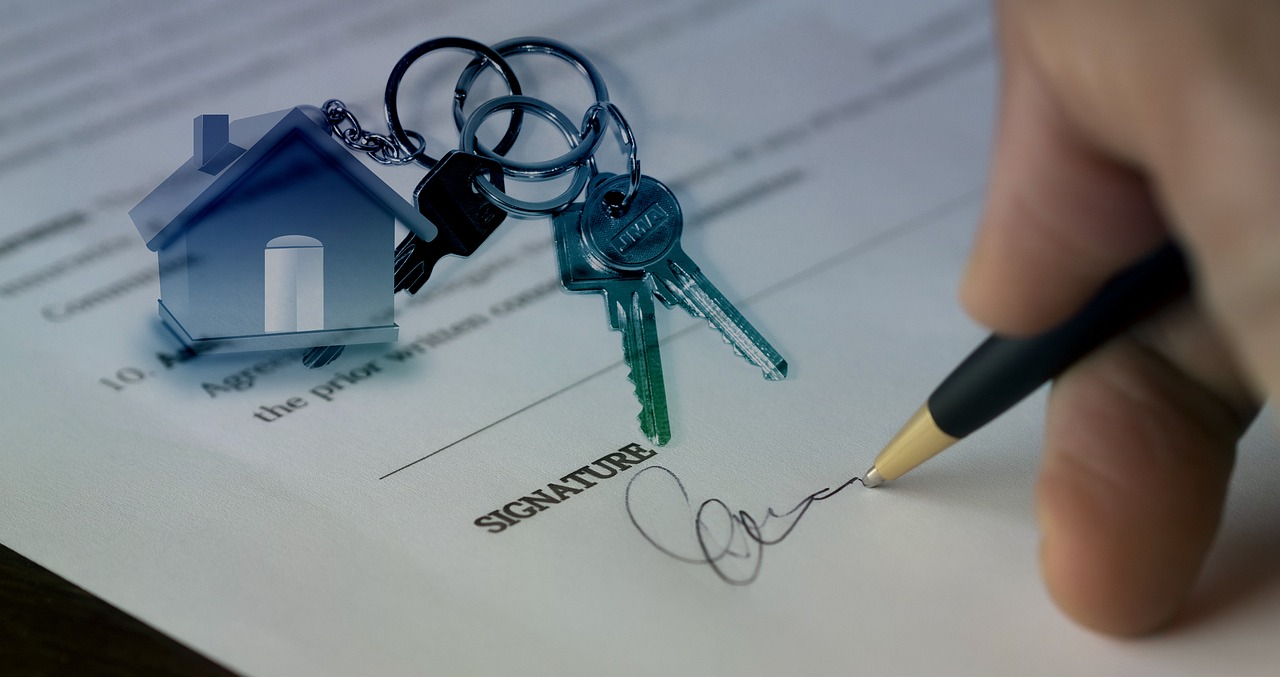Buying a first property is a significant milestone in the life of any individual, and it tends to be a sign that one may be moving towards financial security and stability. However, it’s also a complex and often overwhelming process that requires careful planning and consideration. But, before diving into the world of real estate, it is essential to take several important steps to ensure a smooth successful and conflict-free home-buying experience. So, in this article, we’ll outline what you should do before buying your first property.
Assess Your Financial Situation
The first and most crucial step is to assess your financial readiness for homeownership. Calculate your total income, savings, and existing debts. Determine how much you can comfortably afford for a down payment, monthly mortgage payments, property taxes, insurance, and maintenance costs. A clear understanding of your financial situation will help you set a realistic budget.
Once you have a firm grasp of what your finances are like, establish a budget that considers all associated and possible costs. A common guideline is to aim for a monthly housing cost (including mortgage, taxes, and insurance) that does not exceed 25-30% of your monthly income. Stick to this budget to ensure your homeownership is sustainable.

Save for a Down Payment
Saving for a down payment or a full payment (if possible), is often the most significant financial hurdle for first-time homebuyers. Traditional wisdom suggests a down payment of 20% of the property’s purchase price to avoid private mortgage insurance (PMI) in certain locations of course. However, there are financing options available for those with smaller down payments. So, it’s best to start saving early to meet your down payment goals.
Check and Improve Your Credit Score
A solid credit score is essential for obtaining a favourable mortgage rate; therefore, it is critical that you verify your credit report and correct any inaccuracies or difficulties before making a commitment to purchase a house. Before applying for a mortgage, pay down existing debts and avoid making any big credit adjustments, as a higher credit score can lead to better payment rates and save you money over the term of your mortgage.
Get Pre-Approved for a Mortgage
Obtaining pre-approval for a mortgage gives you a clear understanding of how much you can borrow and strengthens your position as a serious buyer. Lenders will assess your financial information, credit score, and employment history to provide you with a pre-approval letter. This letter demonstrates your financial credibility to sellers.
Research the Market
Take the time to research the real estate market in the area where you plan to make a bid or purchase. Make attempts to understand the existing property values, neighbourhood dynamics, and trends. This knowledge will help you make informed decisions and avoid overpaying for a property. Once all that is sufficiently done, make a list of your must-have features and preferences for your first property, considering factors like location, size, layout, and amenities. Knowing your priorities will help you narrow down your options and avoid being swayed by properties that don’t align with your needs.

Consult a Real Estate Agent
Engaging a reputable real estate agent can be a game-changer in your quest for a property. An experienced agent or agency can provide valuable insights, access to listings, and expert negotiation skills. They will help you find properties that match your criteria and guide you through the entire buying process. Reputable agents are a safe bet as they tend to make the process somewhat automated for you, by doing most of the work while you focus on making the best decisions from the options they provide.
Conduct Property Inspections
Never skip property inspections. A professional inspection can uncover hidden issues with the property, potentially saving you from future headaches and unexpected expenses. Inspections typically cover structural integrity, electrical systems, plumbing, and more. It is advisable to also have a professional property inspector there with you as many issues may be hidden to untrained eyes.
Plan for Future Growth
Consider your long-term plans and thoroughly examine if the property you’re buying aligns with them. Are you planning to start a family? Will you need additional space in the future? Will you be making any major renovations? If so it is best to understand what can and cannot be done with particular properties. Purchasing a property that accommodates your future needs can save you from having to move again just to fulfil needs you were always going to have.
Conclusion
Buying your first property is a significant life event, and careful preparation is key to a successful and satisfying experience. By assessing your finances, improving your credit, and conducting important inspections and research, you’ll be well-equipped to navigate the real estate market. We cannot stress this enough, always remember to research the market and consult with professionals in order to make informed decisions. With these steps in place, you’ll be on your way to owning your dream home.

ABOUT THE AUTHOR
AdHang is a top Real Estate Digital Marketing Agency located in Nigeria, with over 15 years of experience in digital marketing in Africa. The agency has helped many companies across the globe to reach millions of target clients and prospects via the Internet.







